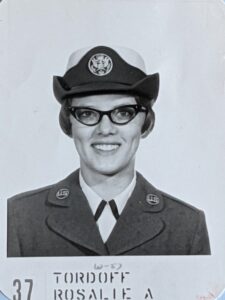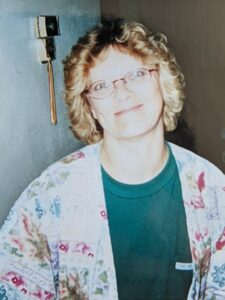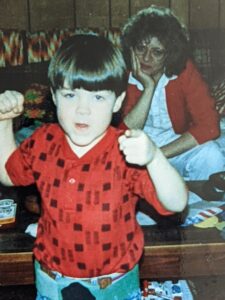My mother, Rose, was an incredible woman whose life embodied compassion, resilience, and an unwavering commitment to service. She raised my brother and me to have caring hearts and to prioritize kindness and empathy above all else—a legacy she often said was her greatest accomplishment.
Not only was she a remarkable single mother, but she also served her country in the Air Force and worked as a nurse at the VA for an incredible 33 years. Her service to veterans wasn’t just a job; it was her soul mission. She cared deeply for the men and women who had given so much to our nation. Though she began her career in surgery, the ICU, and clinic settings, the last 15 years of her career were spent in long-term care. That’s where her heart truly found its home.
She believed long-term care was her purpose, and she often told me it would be mine as well. Even though I had taken a different path—earning a degree in economics and working as a financial advisor—she saw something in me that I didn’t yet see in myself. She recognized it years earlier when I cared for my grandmother, who had throat cancer. As a boy of 10 or 11, I would change her gauze, clean her trachea, help with her feeding tube, and even assist her in continuing her cigarette habit despite her condition. My mother saw in those moments that caregiving was in my blood.
In 2007, when my mother’s health began to decline, her mission for me became clearer. Over two long and difficult years, she faced a drawn-out illness that never improved. As a young man in my late 20s, balancing the joy of having my first son with the heartbreak of losing my mother, I saw the cracks in our healthcare system. She often spoke to me during those final months, urging me to fulfill my mission in healthcare, specifically in long-term care.
Her words haunted and inspired me in equal measure. But I struggled, grieving her loss while trying to navigate life as a new father and a financial advisor. Two years later, tragedy struck again when my older brother died in a car accident. Just three months after his death, I became a nursing home administrator, and my life took a dramatic turn.
From that point, my journey in long-term care began to align with my mother’s vision. When I started my home care agency, I knew I wanted to do things differently. As I immersed myself in caregiving, clocking over 10,000 hours in just five years, I began to see the limitations of the system firsthand. Staffing was a constant struggle, even a decade ago, and many of my best caregivers were in their 60s and 70s, dealing with physical limitations of their own.
That’s when the idea of a caregiver robot first took hold. I envisioned a robot that could physically assist caregivers, allowing them to continue doing the work they loved without the strain of heavy lifting or other physical tasks. The concept of ROSE was born.
Naming the robot after my mother was an obvious choice. ROSE is more than just a machine—it carries on her legacy, her compassion, and her dedication to improving the lives of others. It embodies her mission to serve veterans, the elderly, and those living with disabilities. Through ROSE, my mother’s passion and love will continue to impact thousands, and one day, millions of lives.
She may no longer be here in the physical sense, but I believe she’s witnessing her namesake fulfilling the mission she began decades ago. ROSE is a tribute to her soul’s work, a continuation of her incredible legacy, and a testament to the love and service she dedicated her life to.
Everything I do with ROSE is in honor of my mother, Rose—the woman who showed me what it means to care deeply and to serve selflessly.

